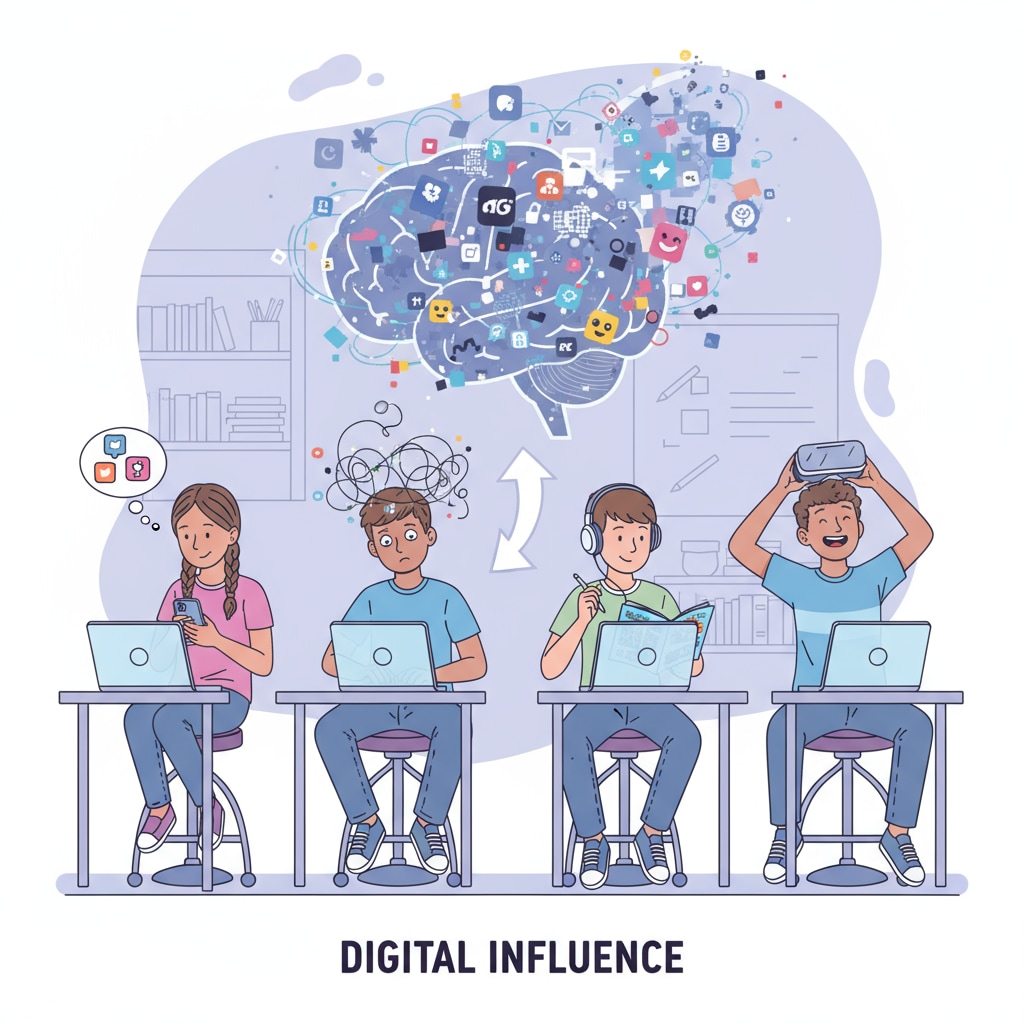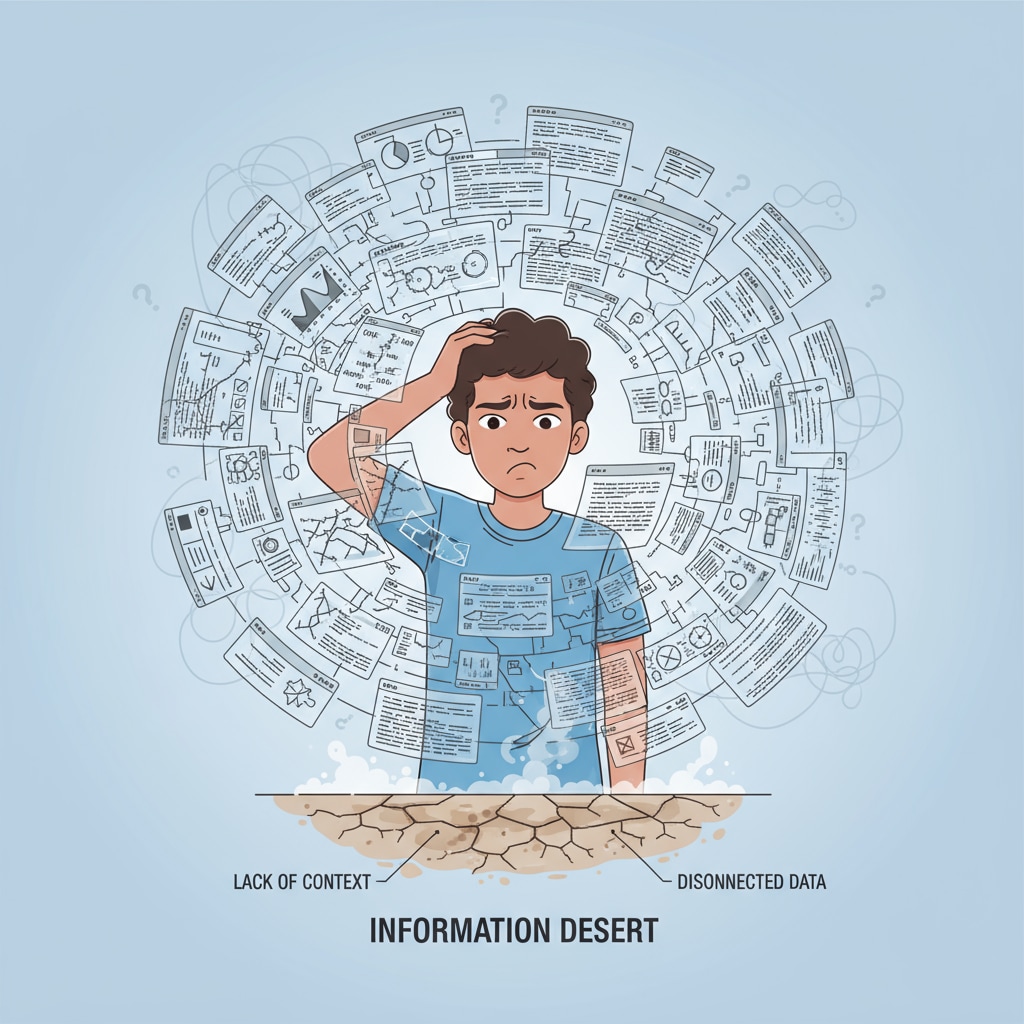In the digital age, the attention economy, information desert, and technology addiction have become pressing concerns, especially when it comes to their impact on K12 students’ cognitive abilities. As students are increasingly exposed to various digital platforms, the way they think, learn, and process information is undergoing significant changes.

The Menace of the Attention Economy
The attention economy thrives on capturing and holding people’s attention. Social media platforms, for example, are designed to be highly addictive, using techniques like notifications, infinite scrolling, and personalized content algorithms. For K12 students, this constant stream of information and stimulation can make it difficult to focus and develop deep thinking skills. According to Wikipedia’s entry on attention economy, these platforms are engineered to keep users engaged for as long as possible, often at the expense of meaningful cognitive processing.
Trapped in the Information Desert
The so-called information desert refers to a situation where students are inundated with vast amounts of shallow and unfiltered information. With the abundance of content available online, it’s easy for students to get lost in a sea of trivia and misinformation. This lack of quality information can hinder their ability to build a solid knowledge foundation and develop critical thinking skills. As described in Britannica’s article on information overload, the overwhelming quantity of information can lead to cognitive overload and reduced learning efficiency.

Technology addiction is another major factor contributing to the decline in students’ cognitive abilities. When students become overly reliant on digital devices, they may experience problems such as reduced attention spans, difficulty concentrating, and impaired memory. This addiction can also disrupt sleep patterns, which are crucial for cognitive development. Therefore, it’s essential for educators to take action.
Readability guidance: By understanding the negative impacts of the attention economy, information desert, and technology addiction, educators can better guide K12 students. They can teach students media literacy skills, help them distinguish between valuable and worthless information, and encourage healthy digital habits. Only in this way can students thrive in the digital age without sacrificing their cognitive development.


